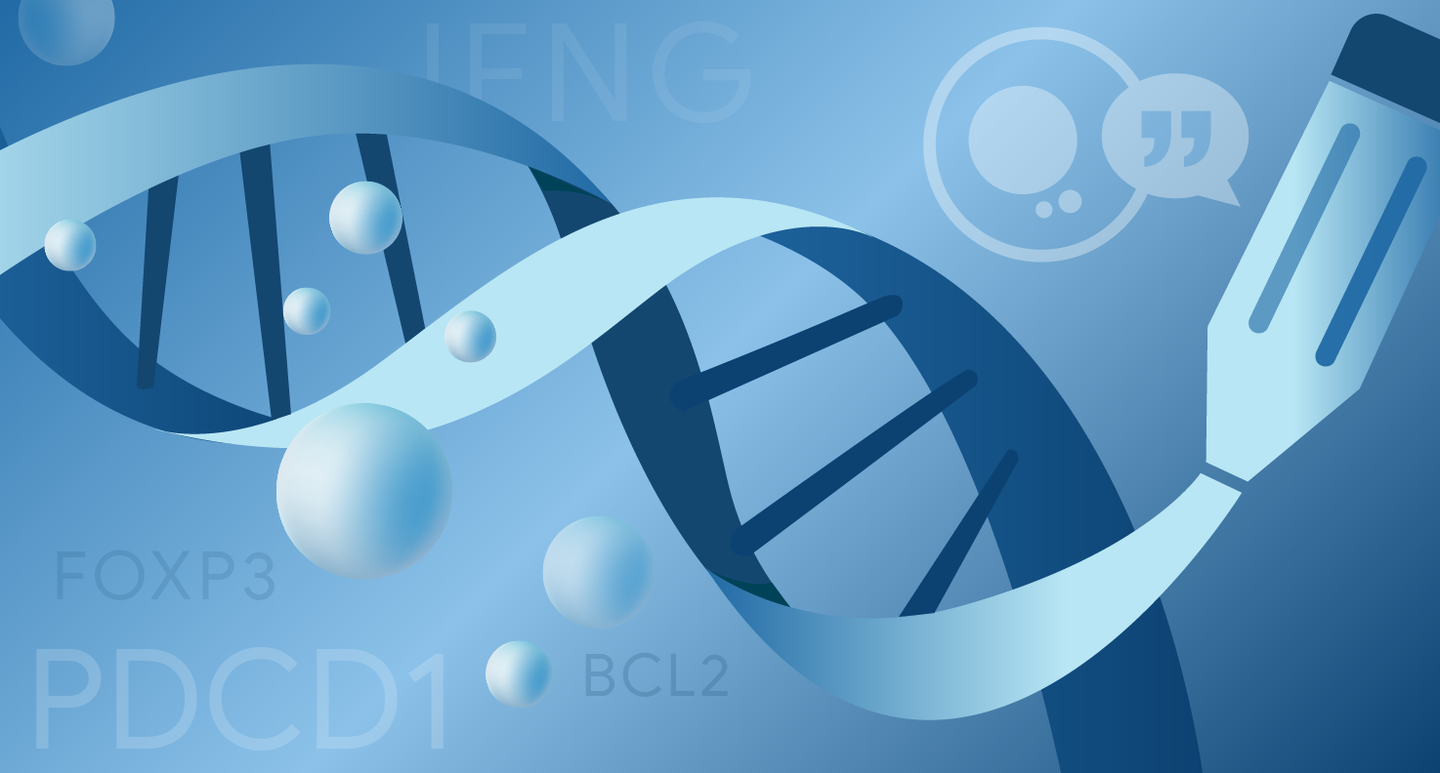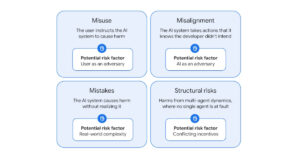Yale University and Google Research Unveil LLM for Cellular Biology

Understanding C2S-Scale: Bridging Biology and Artificial Intelligence
Imagine a scenario where researchers can communicate directly with individual cells, asking them about their functions, reactions to drugs, or even their overall health. Thanks to a collaboration with Yale University, this imaginative scenario is becoming a reality with the launch of Cell2Sentence-Scale (C2S-Scale). This innovative, open-source suite of large language models is designed to interpret and understand biological data at the single-cell level.
What is C2S-Scale?
C2S-Scale represents a significant advancement in integrating biology with artificial intelligence. It can transform complex cellular data into accessible and comprehensible "cell sentences." This capability allows researchers to pose specific inquiries about individual cells. For instance, they can ask, "Is this cell cancerous?" or "How might this cell react to Drug X?" The system then provides accurate and biologically relevant responses in straightforward language.
Key Features of C2S-Scale
- User-Friendly Communication: C2S-Scale enables questions to be answered in plain English, making complex scientific data more approachable.
- Single-Cell Analysis: The model focuses on interpreting data at the cellular level, essential for understanding the nuances of various biological processes.
- Operational Transparency: Being open-source means that researchers around the world can access, use, and build upon this technology.
The Potential Benefits of C2S-Scale
The introduction of C2S-Scale brings several potential advantages to the field of biology and medicine:
1. Accelerated Drug Development
C2S-Scale can significantly speed up the process of discovering and developing new drugs. By enabling researchers to pinpoint how different cells might react to treatments, it can reduce the time and cost involved in bringing new medicines to market.
2. Personalized Medicine
This technology has the potential to revolutionize personalized medicine. By understanding how individual cells respond to specific treatments, healthcare providers can tailor therapies to the unique needs of patients, which may lead to better health outcomes.
3. Democratization of Science
With its open-source framework, C2S-Scale makes advanced biotechnology accessible to a broader range of researchers. This approach can foster innovation and collaboration in scientific research, breaking down barriers that can exist due to funding or resource limitations.
4. Enhanced Disease Understanding and Treatment
C2S-Scale can be a powerful tool for researchers striving to understand, treat, and prevent various diseases. By providing insights at the single-cell level, it can help identify disease mechanisms and potential intervention points, resulting in improved treatment strategies.
How to Get Involved with C2S-Scale
If you are interested in exploring C2S-Scale and its applications in medical science, resources and documentation are available through Google Research. Researchers and enthusiasts alike can experiment with the model, gaining valuable insights into its capabilities and how it can be applied to existing challenges in biology and medicine.
By combining cutting-edge artificial intelligence with biological research, C2S-Scale stands as a testament to the potential of technology to transform our understanding of life at the cellular level.






